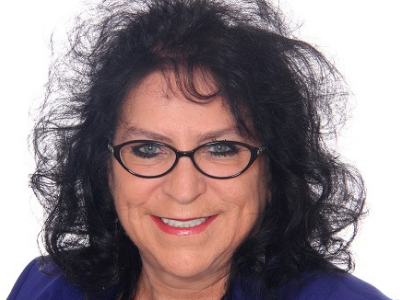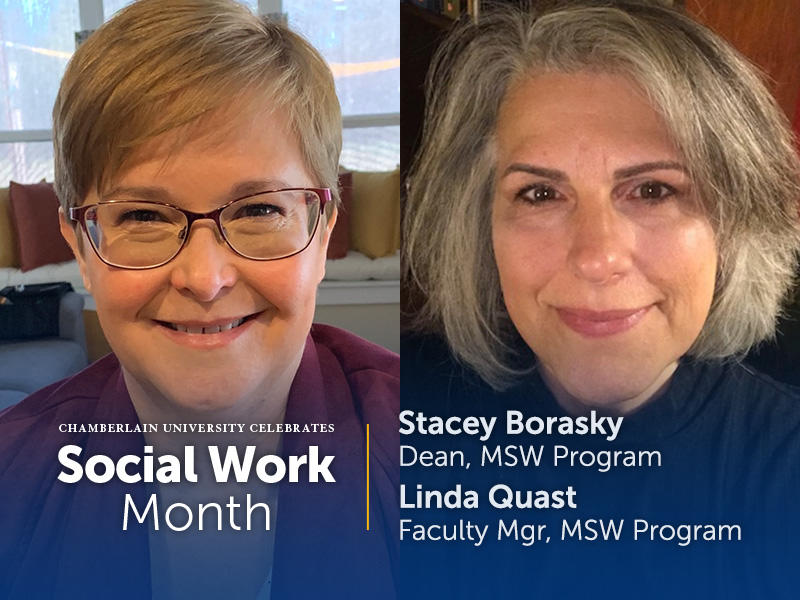Featured
Tags
Share
- Home / Blog / Health Professions / Why More Men Should Consider the Field of Nursing
Why More Men Should Consider the Field of Nursing

Add your talents to this dynamic healthcare career field.
Men have always worked as nurses. In fact, according to scholars, the world’s first nursing school—which opened in India in 250 BCE—was for men only.1 But in the United States today, just 12.6% of the RN workforce is male.2
Ultimately, of course, nursing as a profession is gender-neutral, with opportunities for all qualified and dedicated people. But with the demand for nurses growing, now may be a good time for men to take another look at this lifesaving profession.
“Nursing is an inherently human experience: It is done for humans, by humans, and as humans, and in human experience no one gender claims primacy,” Thomas Kearns and Paul Mahon write in their essay, “How to Attain Gender Equality in Nursing,” published in The BMJ, a peer-reviewed journal.1
“Men have had, and continue to have, a valuable contribution to make to nursing, not simply because they are male but because they are human. Men enter the profession for the same reason as women—to care for people.”1
If you are drawn to a helping profession, here are just five of the many great reasons to consider the field of nursing:
1. Nurses Are in Demand
For people considering healthcare careers, job projections from the Bureau of Labor Statistics (BLS) suggest that now may be an opportune time to become a nurse. Employment growth for RNs is expected to be faster than the average for all occupations between 2022 and 2032. “About 193,100 openings for registered nurses are projected each year, on average, over the decade,” the BLS writes on its website.3
2. Job Settings Are Diverse
Are you passionate about public health, or working with older adults? Does the urgent nature of hospital emergency department nursing appeal to you? Becoming a nurse can help you prepare for these and other diverse career settings. You’ll find RNs working in nursing jobs in settings that include private medical practices, public health agencies, primary care clinics, outpatient surgical centers, mental health agencies, hospices and the military.4 Variety abounds when you choose a nursing career.
3. It’s a Rewarding Career
Registered nursing ranks 10th on the U.S. News & World Report’s Best Health Care Jobs list.5 And in the 2023 AMN Healthcare national survey, almost three-quarters of RNs who responded said they were satisfied or extremely satisfied with their career choice.6 Nurses are also the professionals that Americans trust most, according to an annual Gallup survey. People responding to the organization’s 2023 Honesty and Ethics poll selected nursing as the most trusted profession for the 22nd consecutive year.7
4. Nursing Is an Innovative Field
There is nothing static about the nursing profession. Innovation comes in the form of electronic health records, portable diagnostic devices, electronic medication management systems and even “robotic colleagues,” the American Nurses Association (ANA) says on its website. “… technology in nursing is essential to improving patient care and outcomes, encouraging nursing innovation and promoting safety.”8
5. RNs Are Lifelong Learners
Nursing may be a perfect fit if you like to stay current on career knowledge and skills. Most states require RNs to complete continuing education (CE) courses on a regular basis.9 And the best nursing schools offer online degree programs that can help you prepare you for other nursing roles. Start with a Bachelor of Science in Nursing (BSN) and progress to a Master of Science in Nursing (MSN).
Launch Your Journey to a BSN
If you’d like to join the nursing profession, or prepare for a new position, earning a bachelor’s degree may be a good choice.
At Chamberlain University, there are three paths to earning a Bachelor of Science in Nursing (BSN) degree:
- On campus: You can earn a BSN degree at one of Chamberlain’s more than 20 campuses across the United States, where you’ll start taking nursing classes on Day One. Chamberlain has designed this degree program so that it can be completed in just three years.
- Online: Chamberlain offers its BSN online option that combines 100% online coursework with on-site clinical experience. It’s also a three-year nursing program.
- Accelerated nursing program: If you are an RN and meet other admission requirements, you may be able to earn a nursing degree online in as little as one year in Chamberlain’s RN to BSN online degree program. Designed for working nurses, this BSN program features coursework that’s entirely online, giving you the flexibility to study when it’s most convenient.
Chamberlain is accredited by the Higher Learning Commission (HLC), with multiple program accreditations from the Commission on Collegiate Nursing Education (CCNE). It continuously earns new approvals from respected agencies across the United States.
As a Chamberlain nursing student, you can find helpful support services available throughout your academic journey—from admission, where advisors can help you explore your BSN options, to career services, where you’ll find multiple resources you can use to power up your job search.
For more information, call 877.751.5783 or get started online to begin building knowledge and skills in a BSN degree program that can help you prepare for today’s vibrant nursing opportunities.
Chamberlain University, an accredited institution, offers bachelor’s, master’s, doctoral and certificate programs in nursing and healthcare professions. With a growing network of campuses and robust online programs, Chamberlain continues to build on more than 130 years of excellence in preparing extraordinary healthcare professionals.
Chamberlain University is accredited by the Higher Learning Commission (www.hlcommission.org), an institutional accreditation agency recognized by the U.S. Department of Education. Accreditation provides assurance to the public and to prospective students that standards of quality have been met. The baccalaureate degree program in nursing, master’s degree program in nursing, Doctor of Nursing Practice program and post-graduate APRN certificate program at Chamberlain University are accredited by the Commission on Collegiate Nursing Education, ccneaccreditation.org.
Certified to Operate by SCHEV.
Chamberlain University is approved to operate by the Virginia Board of Nursing Perimeter Center, 9960 Maryland Drive, Suite 300, Henrico, VA 23233-1463, 804-367-4515.
©2024 Chamberlain University LLC. All rights reserved.
1Source: www.bmj.com/content/373/bmj.n1232
2Source: www.bls.gov/cps/cpsaat11.htm
3Source: www.bls.gov/ooh/healthcare/registered-nurses.htm#tab-1
4Source: www.aacnnursing.org/news-data/fact-sheets/nursing-workforce-fact-sheet
5Source: https://money.usnews.com/careers/best-jobs/registered-nurse
6Source: www.amnhealthcare.com/amn-insights/nursing/surveys/2023/
7Source: https://news.gallup.com/poll/608903/ethics-ratings-nearly-professions-down.aspx
8Source: www.nursingworld.org/content-hub/resources/workplace/how-technology-is-changing-the-nursing-industry/
9Source: www.ncbi.nlm.nih.gov/books/NBK594473/
By Chamberlain University
More from Health Professions
Request More Information
To receive the Chamberlain University Program Guide, including associated career paths, please select a program of study.







